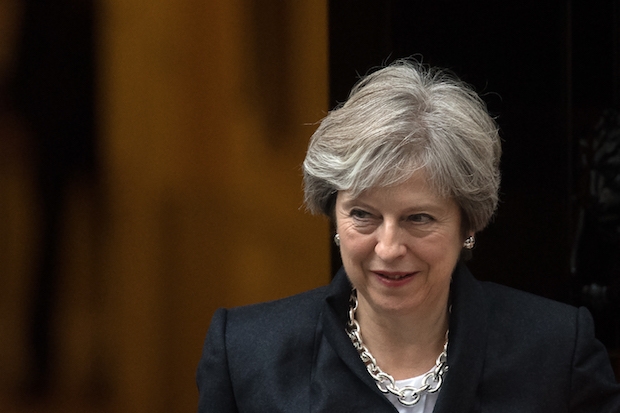Political Cabinet on Tuesday was a fascinating occasion, as I say in The Sun, and not just because Andrea Leadsom took the opportunity to tell Theresa May she had a wonderful smile. The Cabinet were given a detailed presentation on the state of public opinion—and bits of it made for grim reading for them. David Mundell, the Scottish Secretary, summed up the mood of the meeting when he told Theresa May, to chuckles, that his first impression from all the data was that she shouldn’t call an election anytime soon.
The problem for the Tories is that the voters are wary of their values and fed up with austerity. A Remain-voting Secretary of State tells me that they were surprised to find that concern about public services appeared to have done more damage to the Tory brand than Brexit.
The intriguing question is why has a public that accepted the case for deficit reduction in 2015, so turned against it just two years later. One minister puts this down to the ‘impatience’ of modern politics. Voters simply think that deficit reduction has gone on too long and that ‘you should have sorted this by now’.
What the Tories need is a positive vision to show the public what they are for. They must show voters how they want the country to be different after Brexit.
But the problem is, as one influential Cabinet Minister puts it, ‘you’ve got to feel it, to communicate it’, So, Theresa May—who did vote for Remain—finds it hard to argue that Brexit will lead to a happier, more prosperous Britain.
She is not alone in this problem. One of those intimately involved in drawing up the Tories’ electoral strategy laments that the top three people in the government are all ambivalent or negative about Brexit. May’s deputy Damian Green has made clear that he’d vote Remain again. While no one could confuse Philip Hammond, with his regular dire economic warnings about the consequences of diverging from the EU, with a Brexit enthusiast.
But the government must explain what Brexit is for. If they don’t, the voters simply won’t understand why they are spending so much time on it, rather than bread and butter domestic issues.







Comments